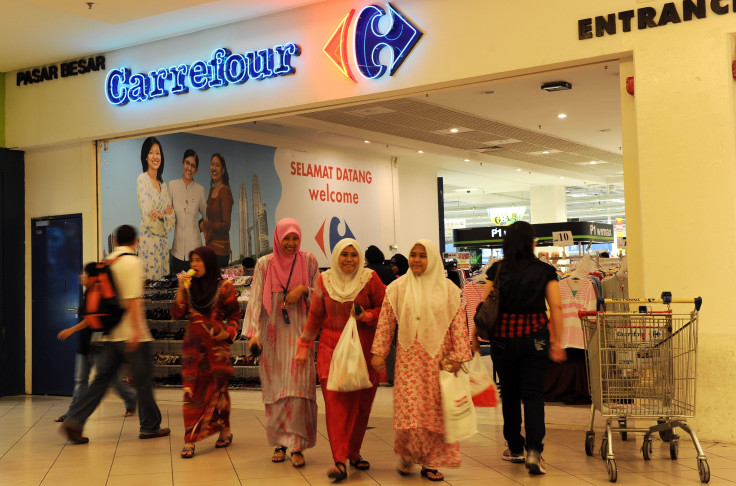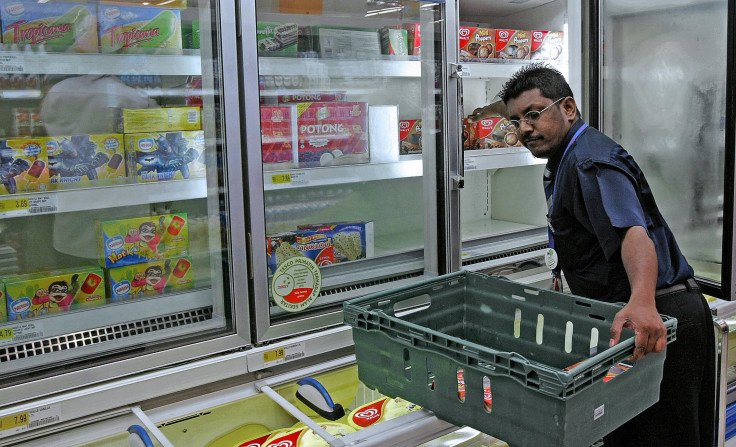No Need For Segregated 'Halal' And 'Haram' Trolleys, According To Muslim Preacher: Report

An independent Muslim preacher deemed a proposal from Kuala Lumpur, Malaysia, to mandate separate supermarket trolleys for "haram" (or "forbidden") products was unnecessary, Malay Mail Online reported Monday. The preacher, Wan Ji Wan Hussin, said that haram products are already stocked in segregated sections and do not come in direct contact with the trolleys because they are packaged.
Domestic Trade Cooperatives and Consumerism Minister Datuk Hamzah Zainudd had reportedly claimed that his ministry was considering implementing laws that would segregate trolleys nationwide, by using trolleys in different colors for haram products. Due to multiple complaints from shoppers, Hamazah also said that supermarket operators had the responsibility to provide segregated check-out counters.
Wan Ji, however, acknowledged that while the Quran clearly states that pork and alcohol are forbidden to Muslims, the dispute of segregating containers for "halal" (or "permissible" foods) and haram items only arises from an Islamic tradition of cleaning containers that had touched haram items. The Shafi’i school of thought, which is predominant in Malaysia, requires containers that touched non-halal items to be washed seven times with water, with soil to be used in any of those seven times, before it can be used by a Muslim, according to Wan Ji, Malay Mail Online reported. However, other Islamic schools of thought do not have this requirement.

“If the government proposes without involving enforcement of laws, that is easy. But if it involves the law, problems will crop up, because I feel this issue will distance the relationship between Malays, Chinese and Indians; Muslims and non-Muslims,” Wan Ji said, Malay Mail Online reported.
Wan Ji said the decision should be left to the supermarkets and added that he would agree if supermarkets voluntarily introduced the segregation measures for the convenience of Muslim shoppers. The discussion of the proposal that would segregate supermarket trolleys was reportedly still in the discussion stage and would require a comprehensive study due to the high costs that supermarkets likely would incur if it were implemented.
The most common example of haram food is pork, but there are other foods besides pork that can also be considered not halal. The criteria for non-pork items include its source, the cause of the animal’s death and how it was processed, according to Eat Halal.
© Copyright IBTimes 2025. All rights reserved.






















